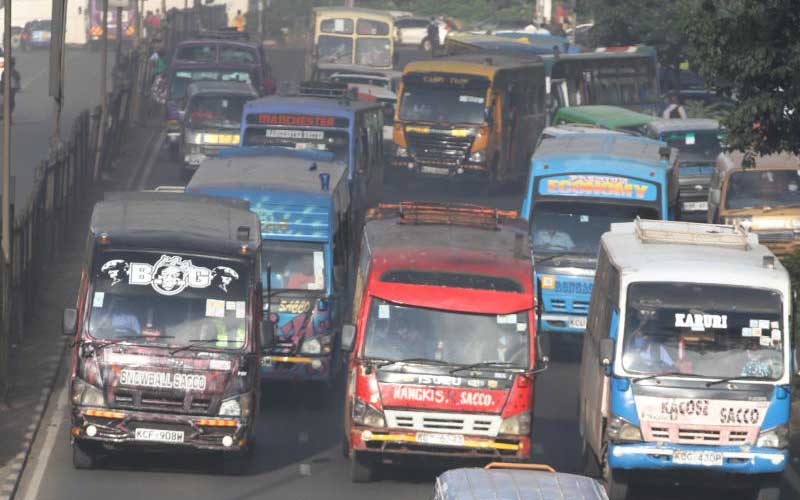×
The Standard e-Paper
Home To Bold Columnists

Traffic along Haille Sellasie Avenue, Nairobi, on Wednesday. Most residents have resumed normal business even as the number of positive coronavirus cases continue to rise. [Elvis Ogina, Standard]
On Wednesday, Health Cabinet Secretary (CS) Mutahi Kagwe tightened the lockdown screws in Eastleigh, Nairobi and Old Town, Mombasa. He ordered the cessation of all movement in and out of that two areas as of 7pm that day.